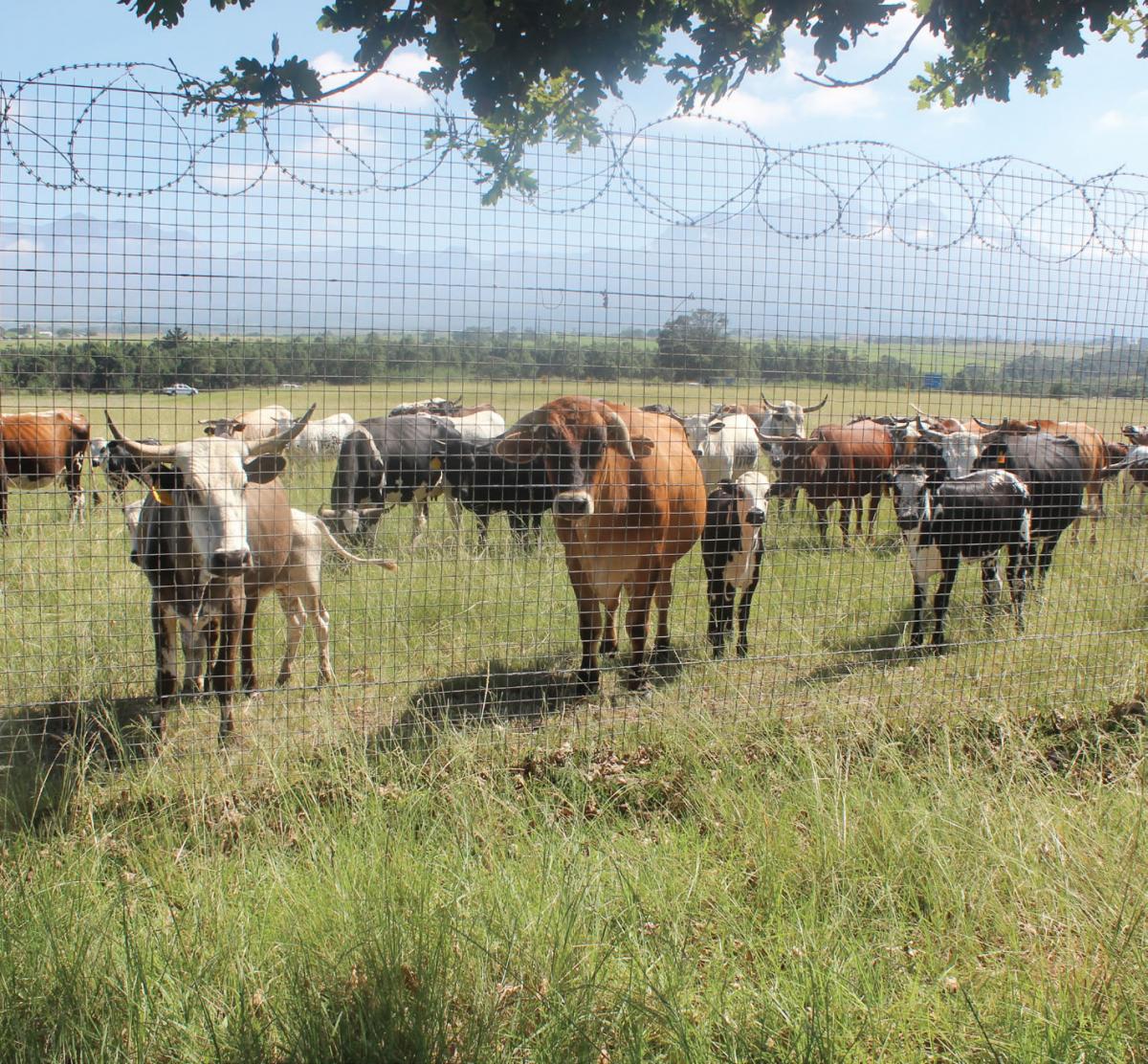IDC boosts local cattle farmers
IDC boosts local cattle farmers JoyThe Industrial Development Corporation (IDC), in partnership with the Gauteng Department of Agriculture and Rural Development (GDARD) and the University of Pretoria, is giving cattle farmers across the country a foundation in cattle farming.
This is occurring under the auspices of the corporation’s Gauteng IDC Nguni Cattle Development Trust. It aims to reintroduce the Nguni breed in black farming communities in Gauteng. The long-term objective is to develop an international niche market for producing Nguni cattle
products by these communities.
Though the initiative started in Gauteng, project manager at the IDC Tommy Mohajane said due to its popularity and success, it is spreading to other provinces. The programme started in the Eastern Cape in 2004. “I hear that the next province is KwaZulu-Natal and this is due to its success and impact,” he said.
Unlike commercial banks, the general public do not need surety to apply for the Nguni breed project. Government officials, IDC and University of Pretoria staff members do not qualify.
“All those who are attached to our trustees do not qualify. We don’t want corruption in this project and we are targeting mostly people in the rural areas and people who are passionate about cattle farming.”
Under the initiative, each potential farmer receives 30 pregnant Nguni females and one Nguni bull as a conditional loan from the Trust. One of the conditions is that the loan must be repaid within five years of being given the cattle.
The loan has to be repaid by tendering a herd equivalent (in number and quality) to the initial herd received, or through payment of a sum of money equivalent to the value of a similar herd as at the date of repayment to the Trust.
He said the reason the IDC chose Nguni cattle is that the breed can withstand harsh weather conditions and drought. “The other reason is that this breed is indigenous to South Africa and we want to reintroduce this breed to farmers.”
People who qualify should meet strict criteria and among those conditions, they should have a farm of 600 hectares with sustainable water supply.
Mohajane added that the reason they partnered with the University of Pretoria is that the institution can train people who will receive cattle from the IDC.
“The university provides training in basic livestock and bookkeeping. People should not keep records in their heads; we want proper record keeping,” he warned.
For more information contact: 011 240 2500 or visit the www.gdard.gpg.gov.za